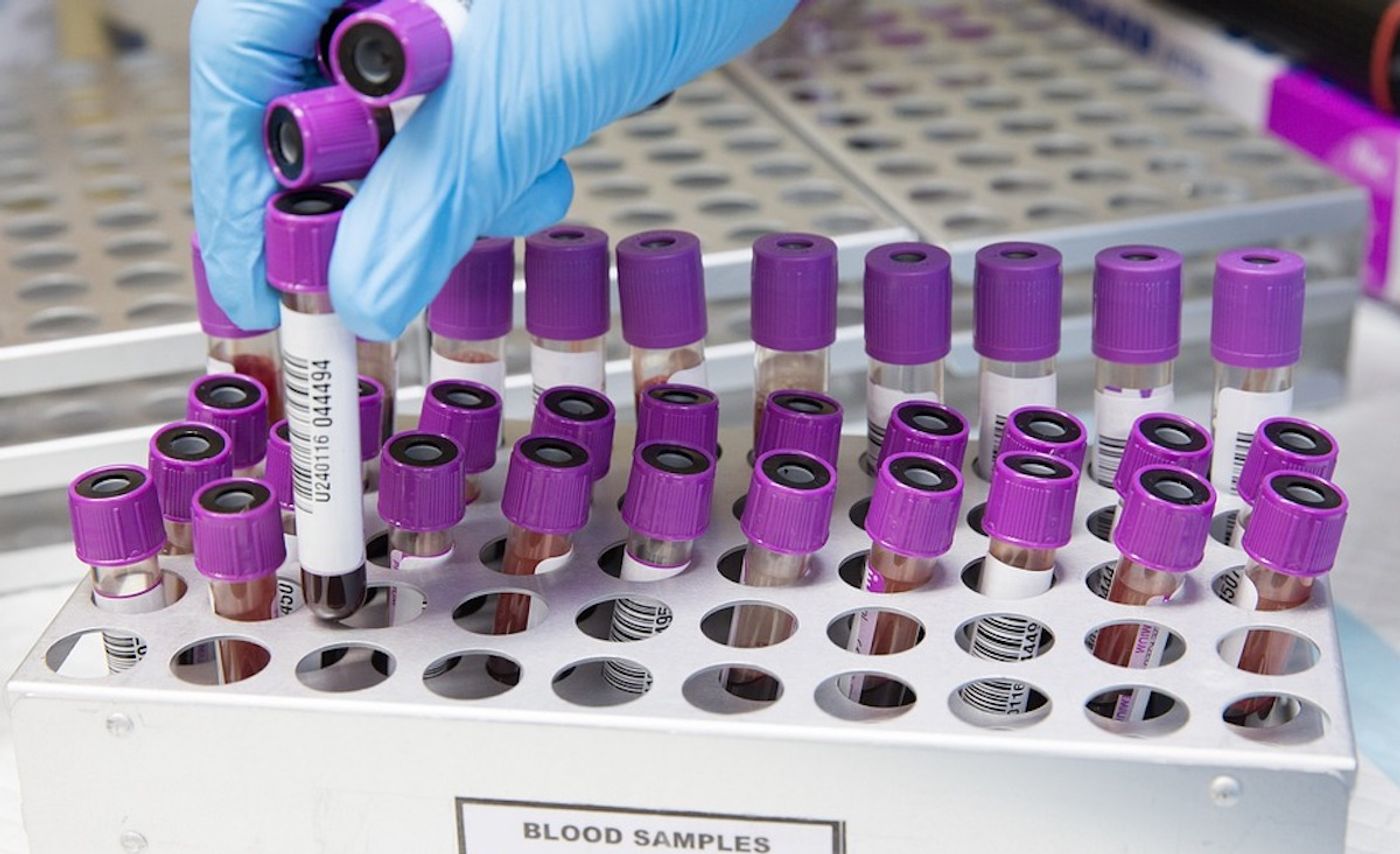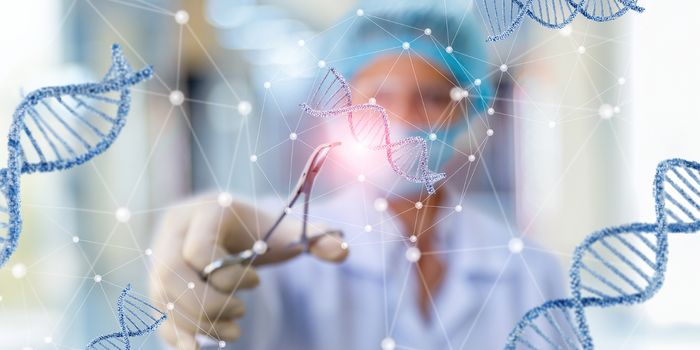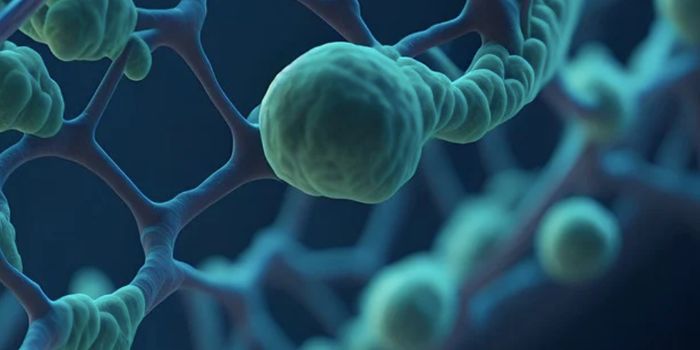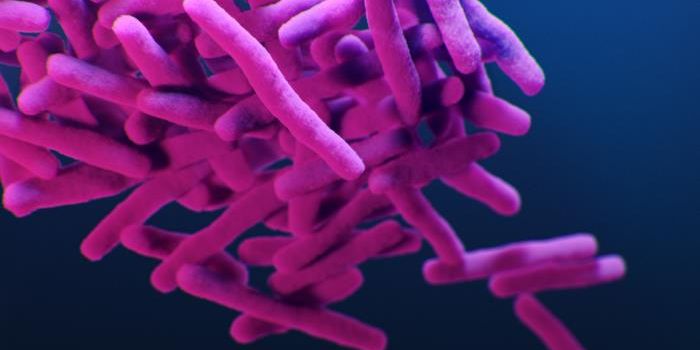Pediatric Cancer Mutations Show the Importance of Non-Coding Regions
A new computational tool was created by scientists at the Children's Hospital of Philadelphia (CHOP), and it has now revealed new mutations that are linked to five pediatric cancers. These mutations were identified in regions that do not code for protein, which makes up the vast majority of the genome. Since proteins carry out many of the vital functions of biology, research has focused primarily on the parts of the genome that code for protein. But this work, which has been reported in Science Advances, assessed the genomes of 500 pediatric cancer patients to create a list of mutations that may be causing cancer.
"Noncoding mutations are very important because the noncoding portion of the genome typically regulates how genes are turned on and off, much like a control switch, which has implications for the uncontrolled growth that occurs in cancer," said the senior study author Kai Tan, Ph.D., a Professor of Pediatrics at CHOP. "However, these regions are also challenging to study, and our knowledge about them not as developed as that of coding regions. Our computational model has identified a set of targets in pediatric cancers that we hope to study further and eventually move to clinical practice."
The tool they developed is called PANGEA (predictive analysis of noncoding genomic enhancer/promoter alterations). They used it to look at different types of mutations including point mutations, copy number variations, indels, and structural variations. The analysis showed that 1,137 structural variants were affecting the expression of over 2000 genes in five types of pediatric cancers; they are potentially the most common kind of cancer-causing mutations.
The research indicated that coding mutations affect a different set of genes and the biochemical pathways they're involved in than noncoding mutations do. This may be because they are located in different parts of the genome.
Genes that play a role in metabolism were also found to be affected by noncoding mutations more often than other genes. The impact of these mutations on metabolism is unclear, however.
"Our results highlight the need for comparative analysis of both coding and noncoding mutations, which might reveal novel cancer-related genes and pathways," said Tan. "Identifying putative mutations is a starting point that will facilitate experimental work to validate these predictions."
Learn more about how mutations in non-coding regions are impacting cancer from the videos.
Sources: AAAS/Eurekalert! via CHOP, Science Advances









